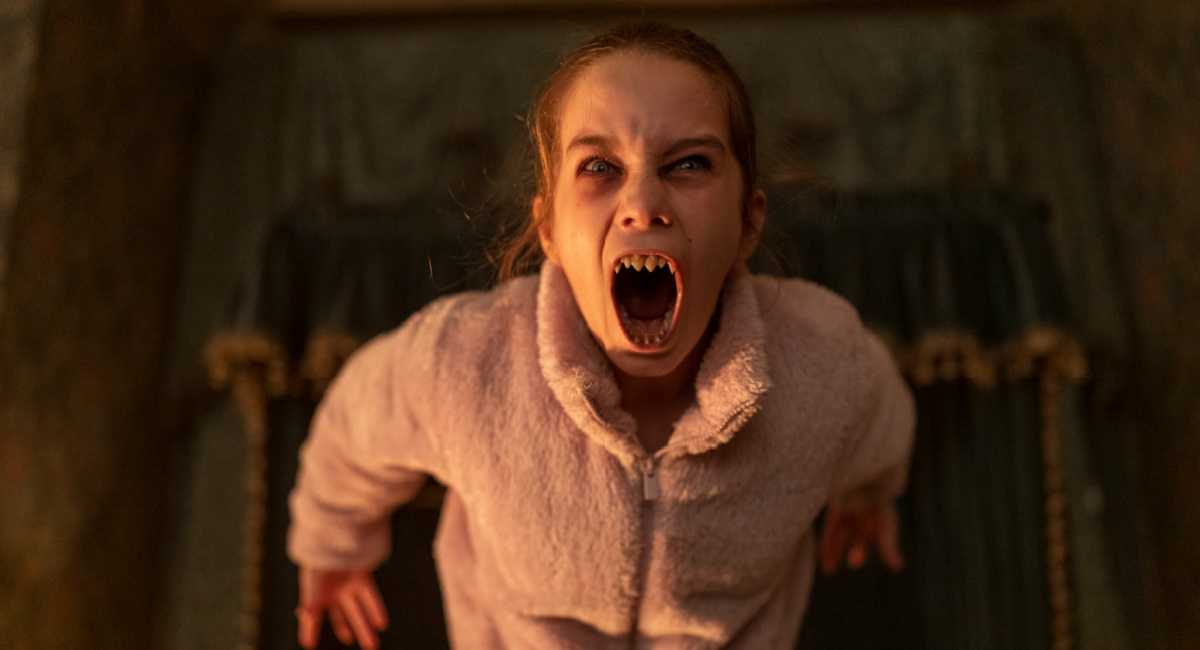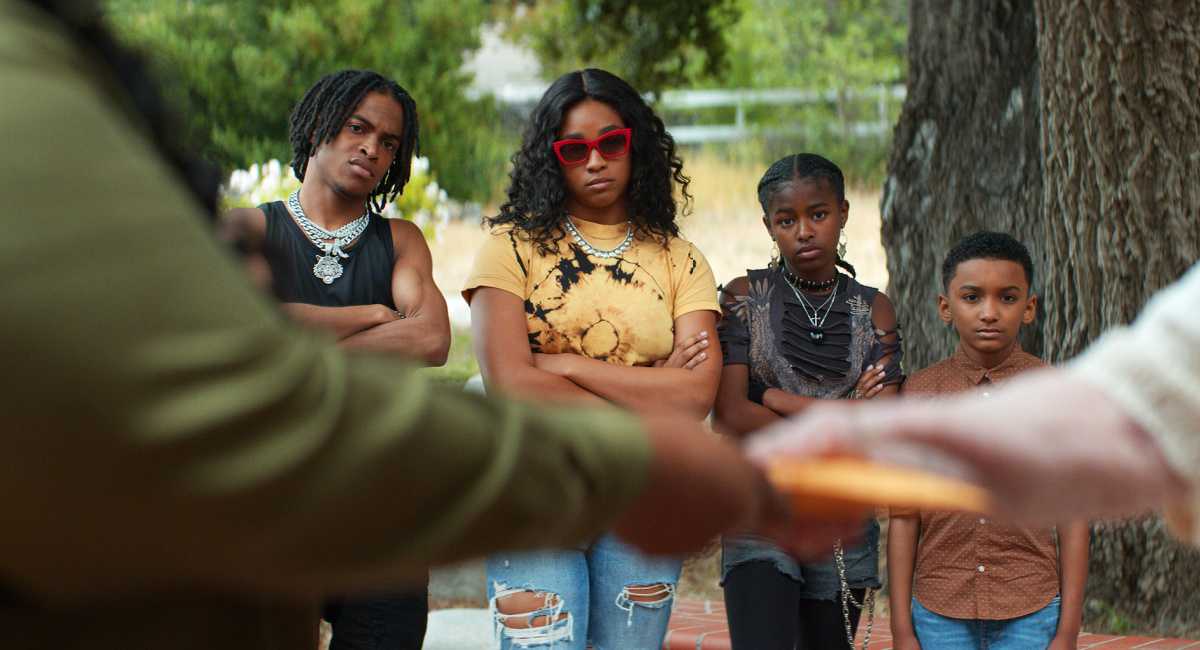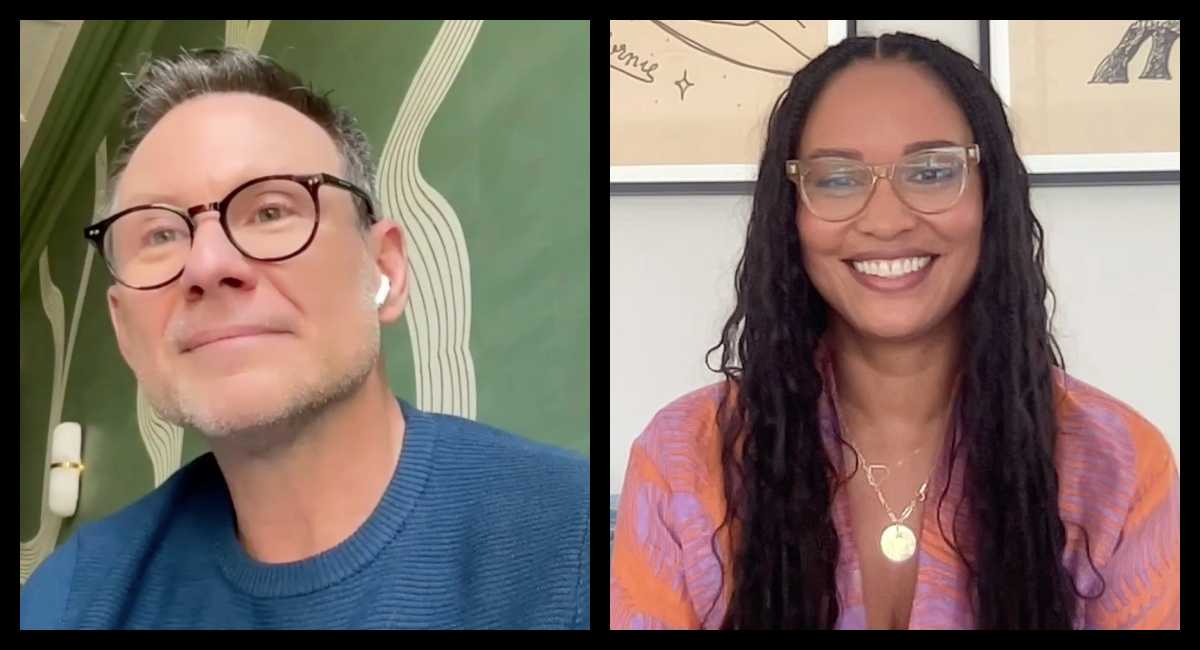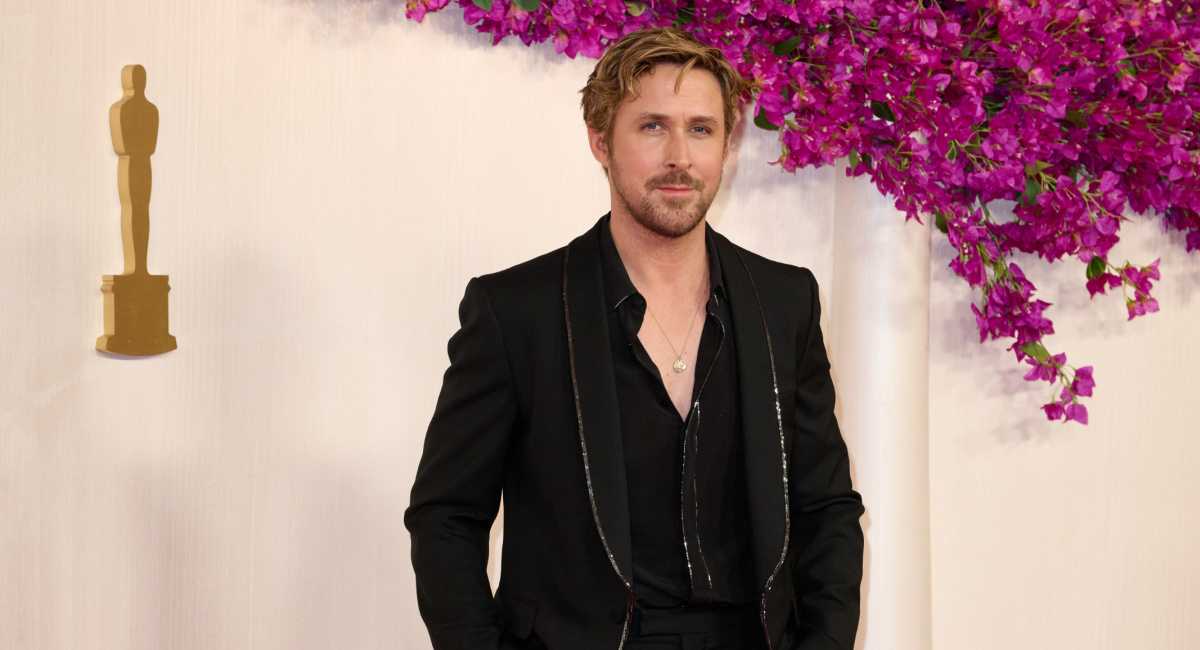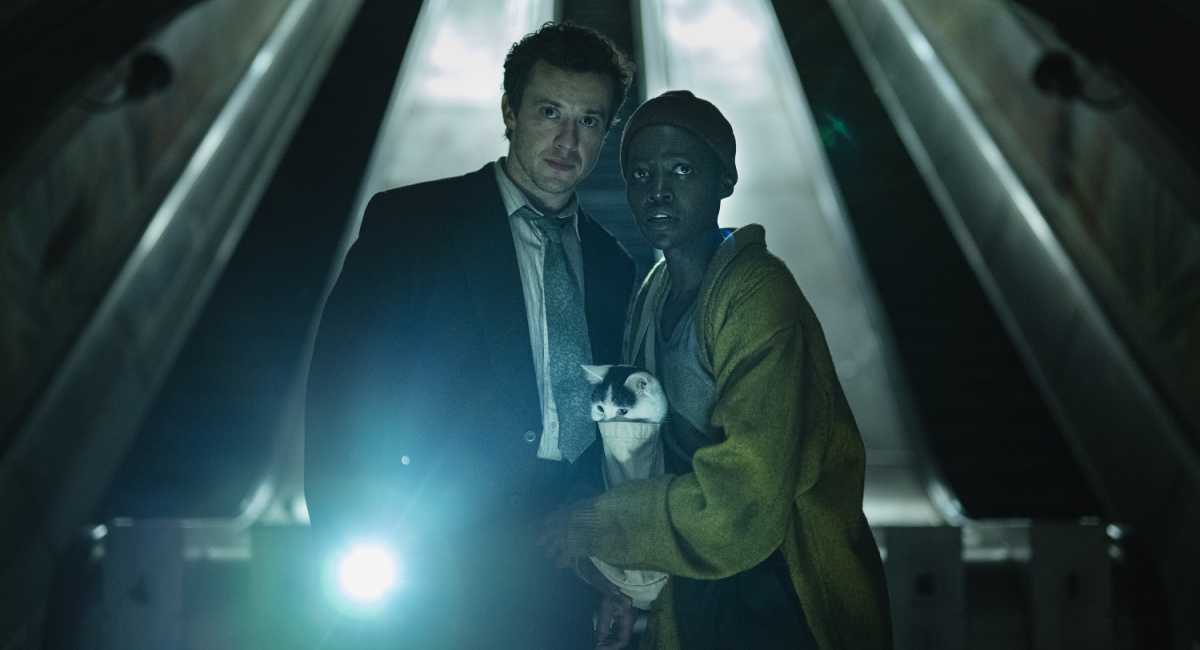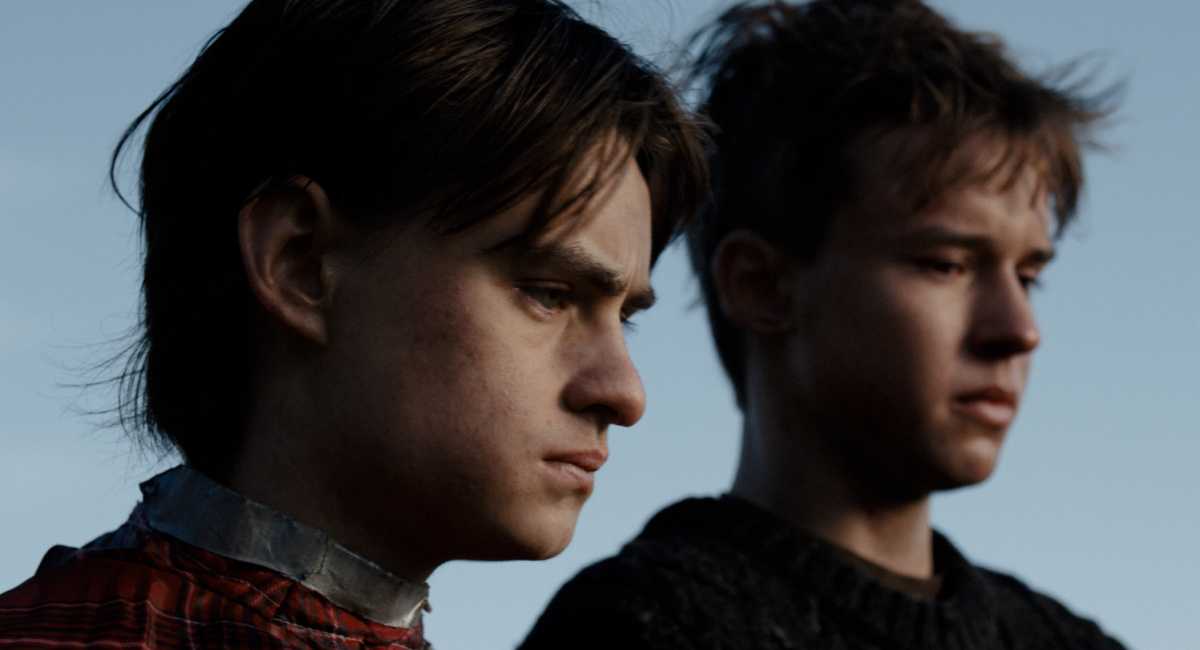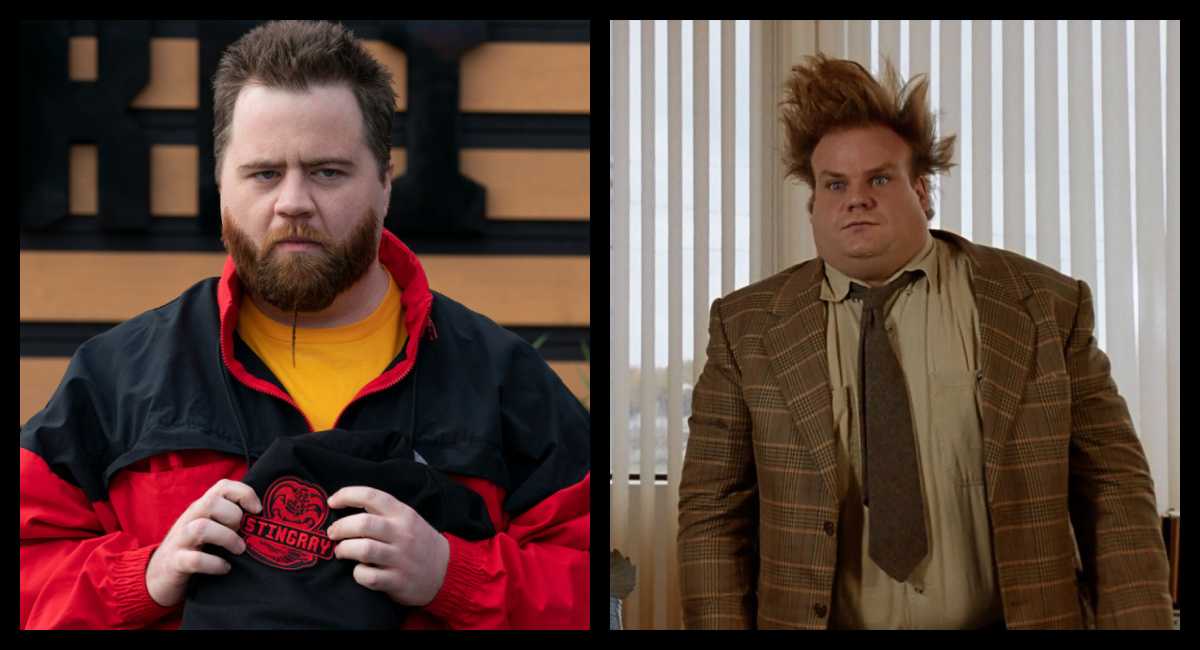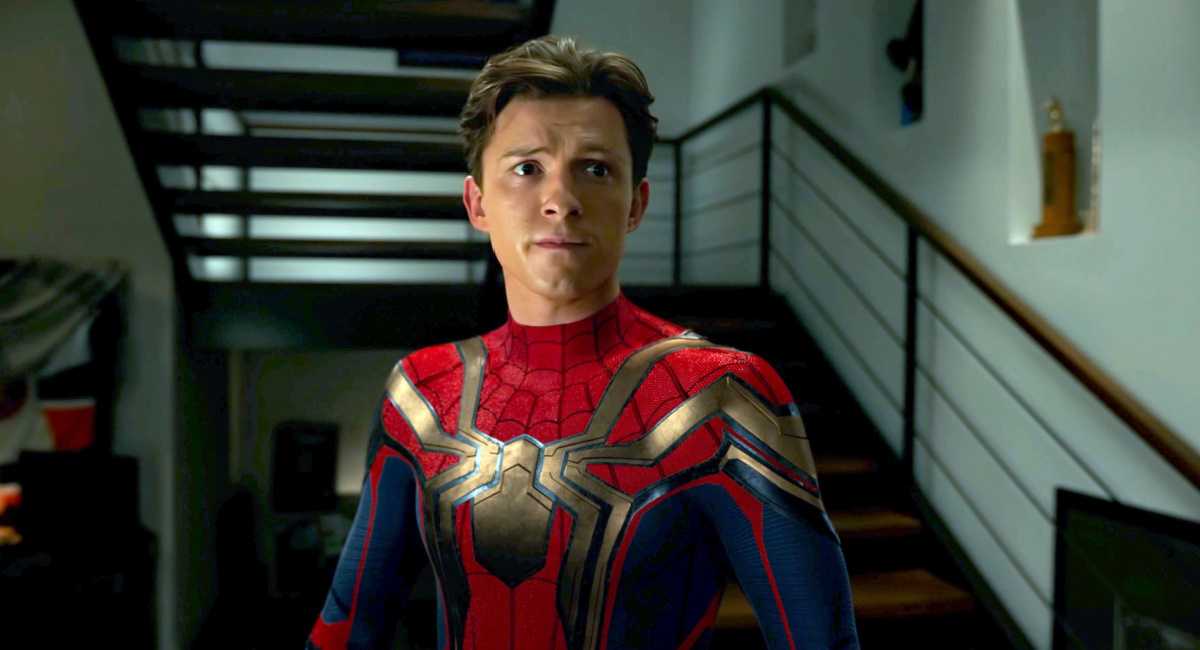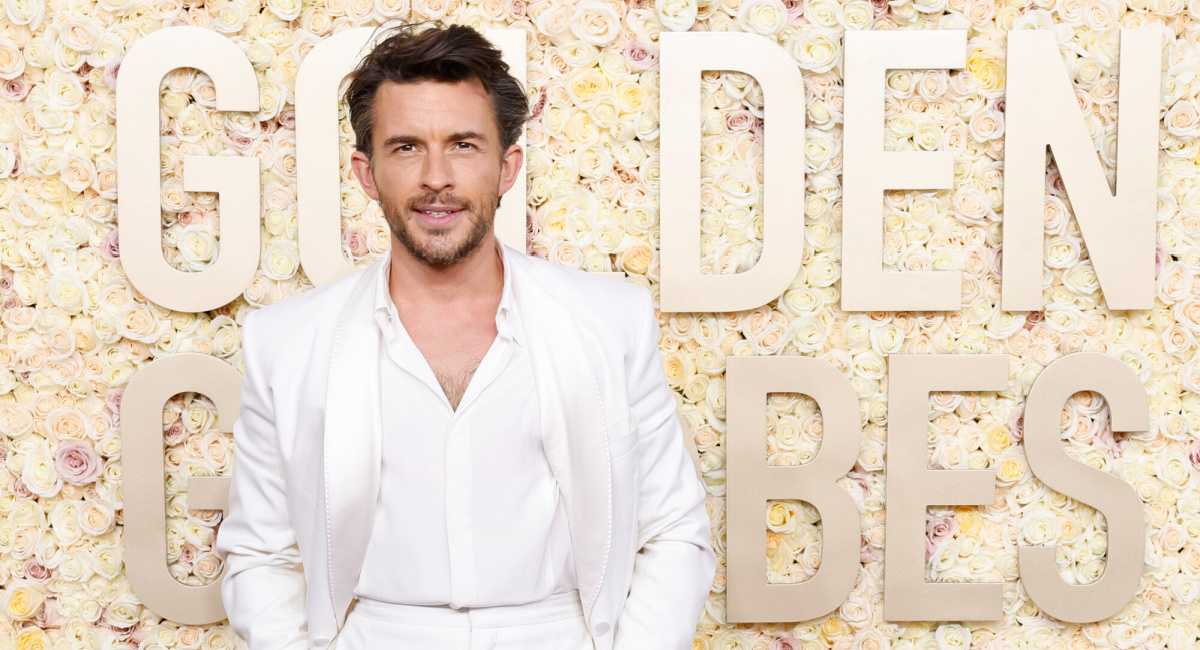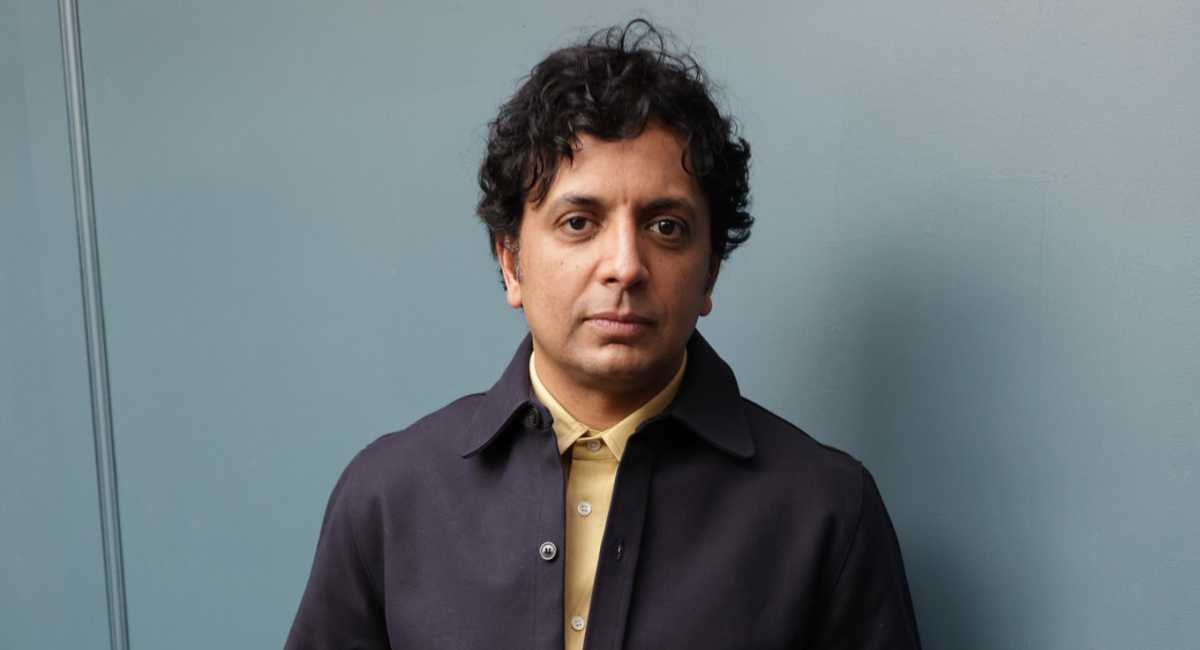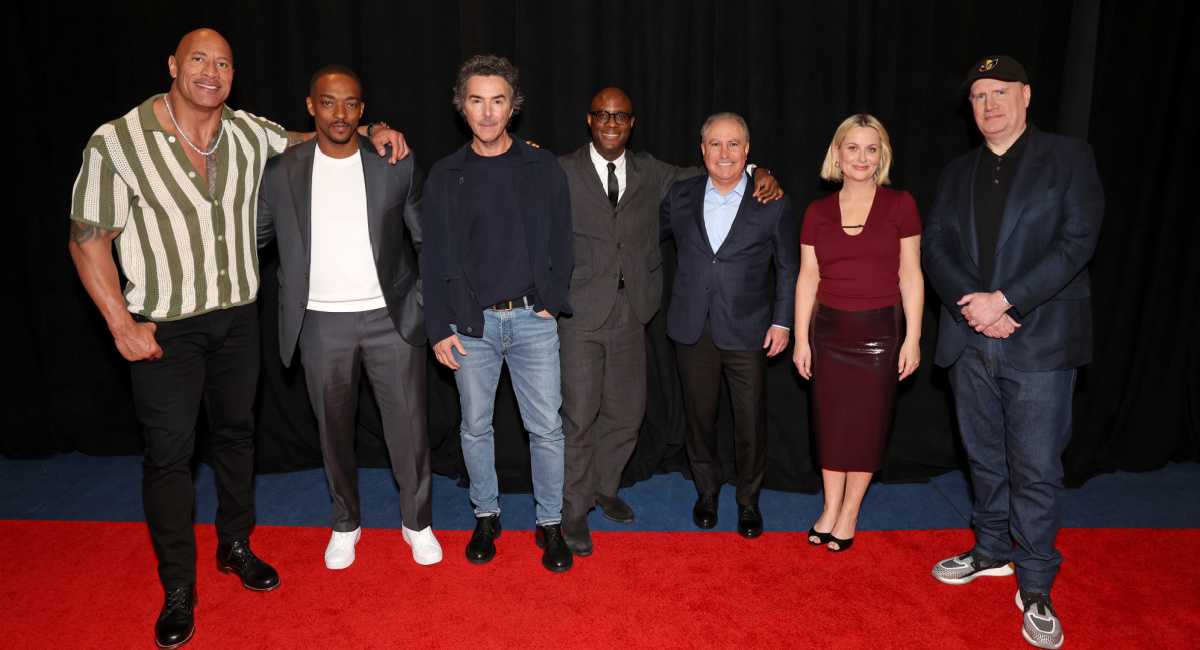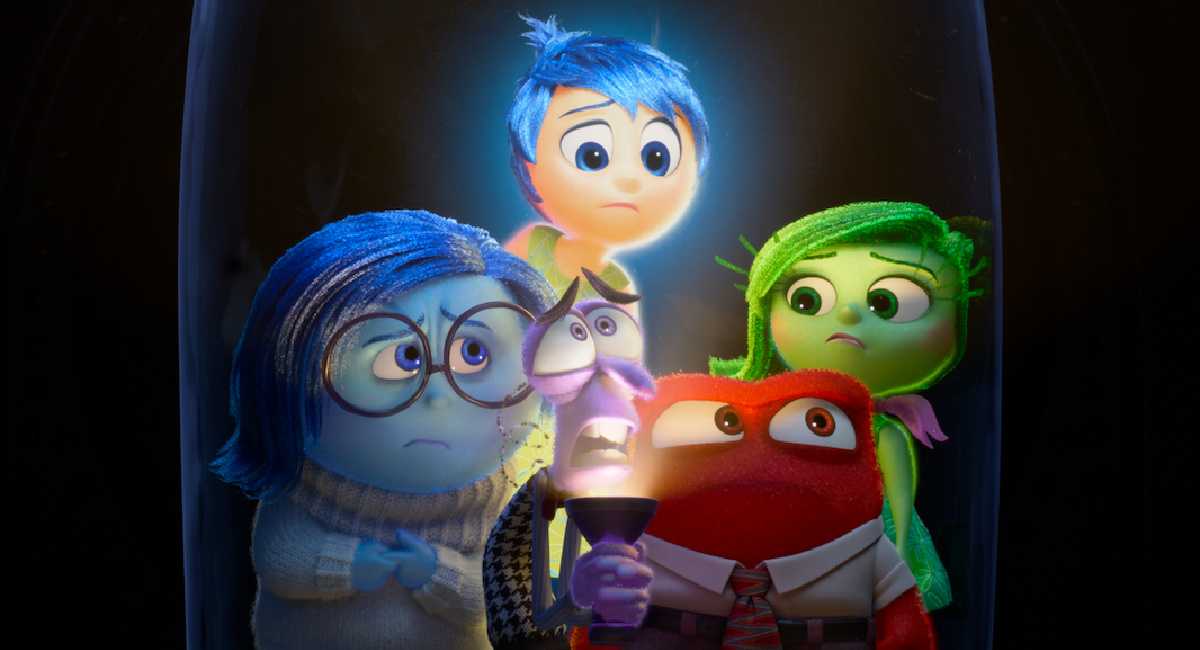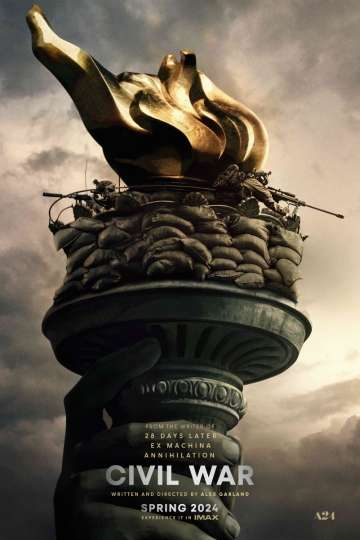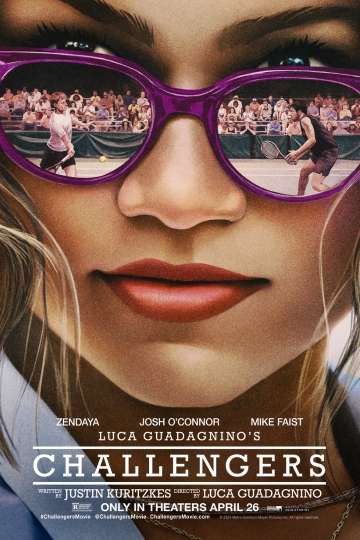Kenneth Branagh on 'Cinderella,' the Torturous 'Wild Wild West,' and Making Another Marvel Movie (EXCLUSIVE)
Talking with Kenneth Branagh, the legendary director of "Hamlet," "Frankenstein" and "Thor," is such an effervescent, invigorating experience that the moment I got off the phone with him, I started imaging a vivid fantasy scenario where he taught me, "Kingsman"-like, how to become a proper English gentleman. He's that kind of classy.
I was talking to Branagh about his work as director of "Cinderella," a job that he got after the original filmmaker, Mark Romanek (known mostly for his visionary music video work), departed the project, leaving no one to locate Cinderella's lost glass slipper. In recent years, Branagh has gone from the director of Shakespeare adaptations to a hired gun for blockbusters like "Thor" and "Jack Ryan: Shadow Recruit." It's been a fascinating and surprising career turn, which I talked to him about.
Branagh also addressed similarities between his film and the original animated Disney classic, why he thought he was right for this project, whether or not he'd return to the Marvel fold, his upcoming stage production of "Romeo and Juliet" (set to feature "Cinderella" stars Lily James and Richard Madden), and I even get him to tell me a story about "Wild Wild West," the infamous Barry Sonnenfeld-directed bomb that starred Will Smith (Branagh played a legless Confederate bad guy). Yes, I went there.
Moviefone: When you became involved in the movie, did you look at any of the stuff Mark Romanek had been developing and did you incorporate any of that into the new movie?
Kenneth Branagh: I was approached about it after they had parted company and really what I responded to was the screenplay that Chris Weitz had sent me, which was really excellent. I thought I saw a way through that. The next process was to meet with Dante Feretti, the production designer, who was already working on it and Sandy Powell, the costume designer, and with those three people see whether my instinct about where the script could go could meet where they were. And it seemed like a pretty organic thing. So I never referred to where it had been, I just sort of landed where I was and said, "Here's where I'd like to take it." It was at a moment when it was all quite malleable so it was fluid and they were very open to the direction I wanted to go in.
You're primarily known for the Shakespeare adaptations. But was a fairy tale something you had always wanted to tackle?
Well, it hadn't occurred to me, to be perfectly honest. But I was very enticed by the surprise of it. And also to do something that was such a woman's story was very enticing too. I felt that this was all new territory to me and the invitation to maybe be evoking these great set pieces, the pumpkin transformation, the runaway from the ball, et cetera, these are very exciting cinematic possibilities. So I was excited by that and also the possibility of reinventing the character from the inside by making her someone who was no longer passive and waiting for a prince but rather someone who is her own person and understand why the stepmother was the way she was.
Was it fun to try to figure out what to maintain from the original animated Disney classic and what to reinvent?
It was a fun process, yes. We abandoned a lot of singing and a lot of animal material although everyone I talked to said, "Oh, leave the mice in, leave Gus Gus in." The world was telling me. So let's not alienate the mouse population. But I felt that I really wanted to give people what they wanted, because I wanted it -- that classical framework to this story. I wanted to feel that kind of opulence and flamboyance and really wanted to immerse myself in the world. I wanted it to be something you could smell and taste and smell the natural world and the beauty of the ballroom and everything. And occasionally, with the odd shot, tip our hat to the 1950 animated classic. The world has moved on and it remains a slice of genius for that time but the story, which has been knocking about for the last 2,000 years was something that could bear reinvention.
Speaking of reinvention, you've had this amazing career renaissance in the past few years. What about that has surprised you the most?
It's funny to be in rooms where you were originally referred to as "The Shakespeare Guy" and to suddenly be in the position where you're "The Blockbuster Guy." That's a pretty unusual turnabout, I must say. So the kind of material that comes across my desk is pretty different. But it's very varied, which continues to be a delight. Still, the small character-driven stories come my way as do now, increasingly, stories that feel like anything's possible. You'd be amazed at the range of things that people send me because they seem delighted in the fact that they can't quite put me in a box. The surprise factor is heavily at work.
I'm actually a really big fan of your performance in "Wild Wild West." Can I get one crazy story from that movie?
Well, I'm very glad to hear you say that because I think that you, very sweetly, Drew, are in the minority about that and are possibly in the minority about having actually seen the film. I just remember the first time they put me in the chair and it was a kind of conversation about budget -- how much would they be able to, through visual effects and blue-screen trousers worn by me, be able to take my legs away and make my incredible spidery machine work and how much they would do the old fashioned way. And Barry Sonnenfeld said, "Well, we'll do some of the old-fashioned stuff." And with that they put a plate over my knees and screwed me into the box, basically. My knees were tucked underneath me, and I remember thinking, Yeah, this is pretty old-fashioned. Basically, the lower half of my body is trapped in a box; I'm not in Vegas, and I thought they did these things with CGI. I certainly had a lot of stretching to do after that job.
A couple of years ago you directed "Thor." Was that a good experience? Would you come back to the Marvel fold?
I'm very proud to be a part of that early part of the Universe, as it were. When I was working we were only the third part of that first phase. And we were definitely one where, tonally, everyone was so concerned with a blonde guy riding a horse across a rainbow bridge in space with a lot of equally suspect characters and we managed to give that a kind of framework that made you find it acceptable, gave me a real sense of pride. I've got a good relationship there, and I liked working with my colleagues very much. Whether another property like that comes up, I can't say. We all still talk, so who knows?
Lily and Richard have talked about how excited they are to do your "Romeo and Juliet."
Yes, that's very exciting. We're very excited to be doing that. When you look at "Thor" or indeed "Cinderella" you see this interplay of people who have been in my film life, people who have been in my theater life and I'm glad that that intermingling continues. It feels like an extension with two people who I feel like are fantastic talents and have a unique chemistry. I think it's going to make a big difference to that great play, which is the first one I directed 30 years ago and didn't do very well with. So I look forward to doing much better this time.
"Cinderella" is in theaters everywhere March 13th.



